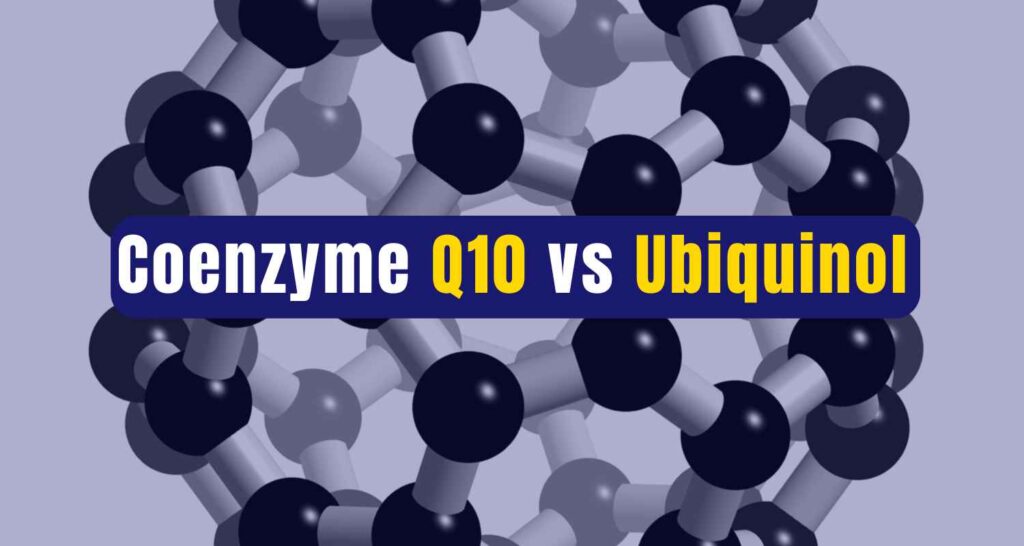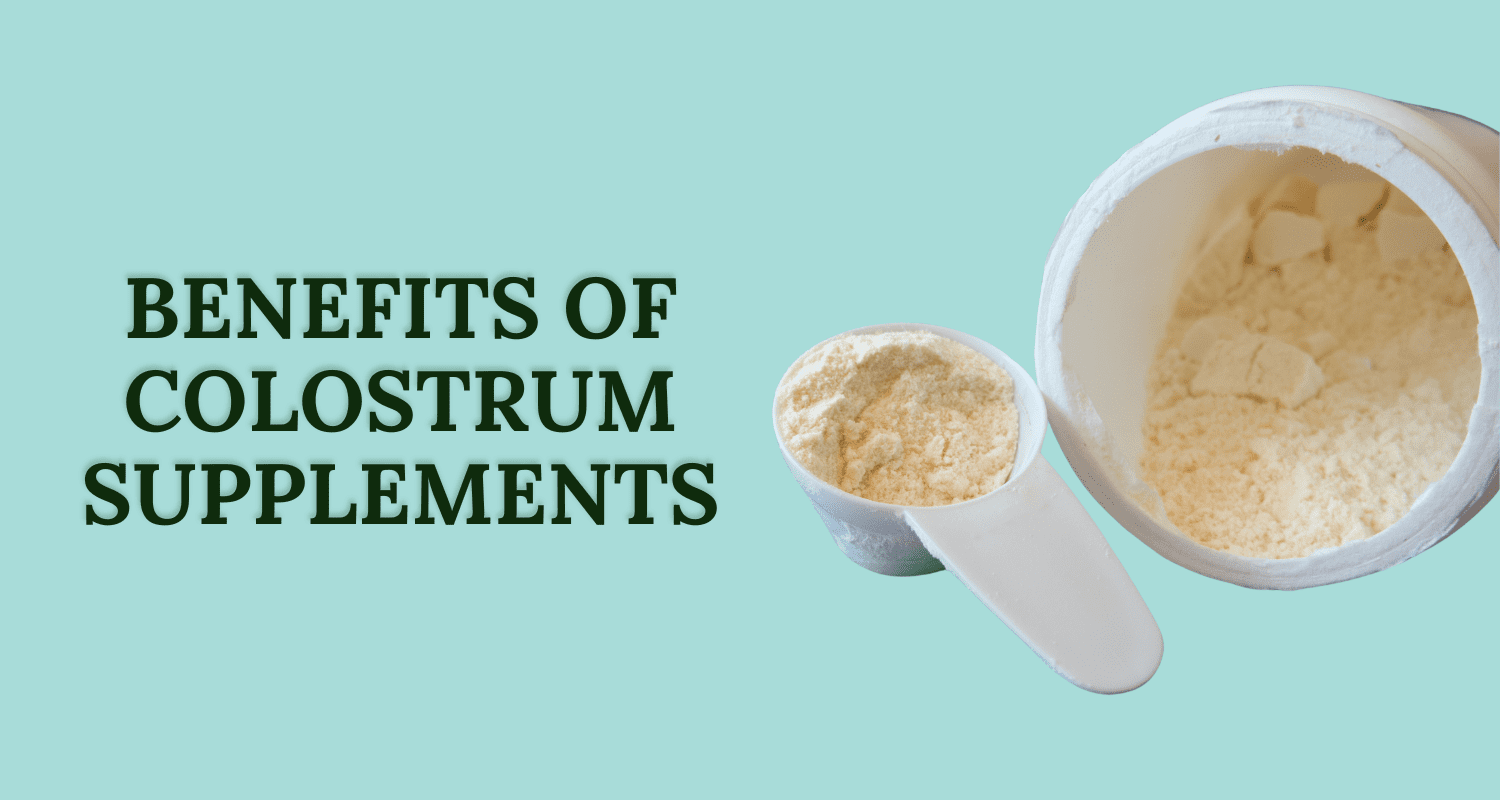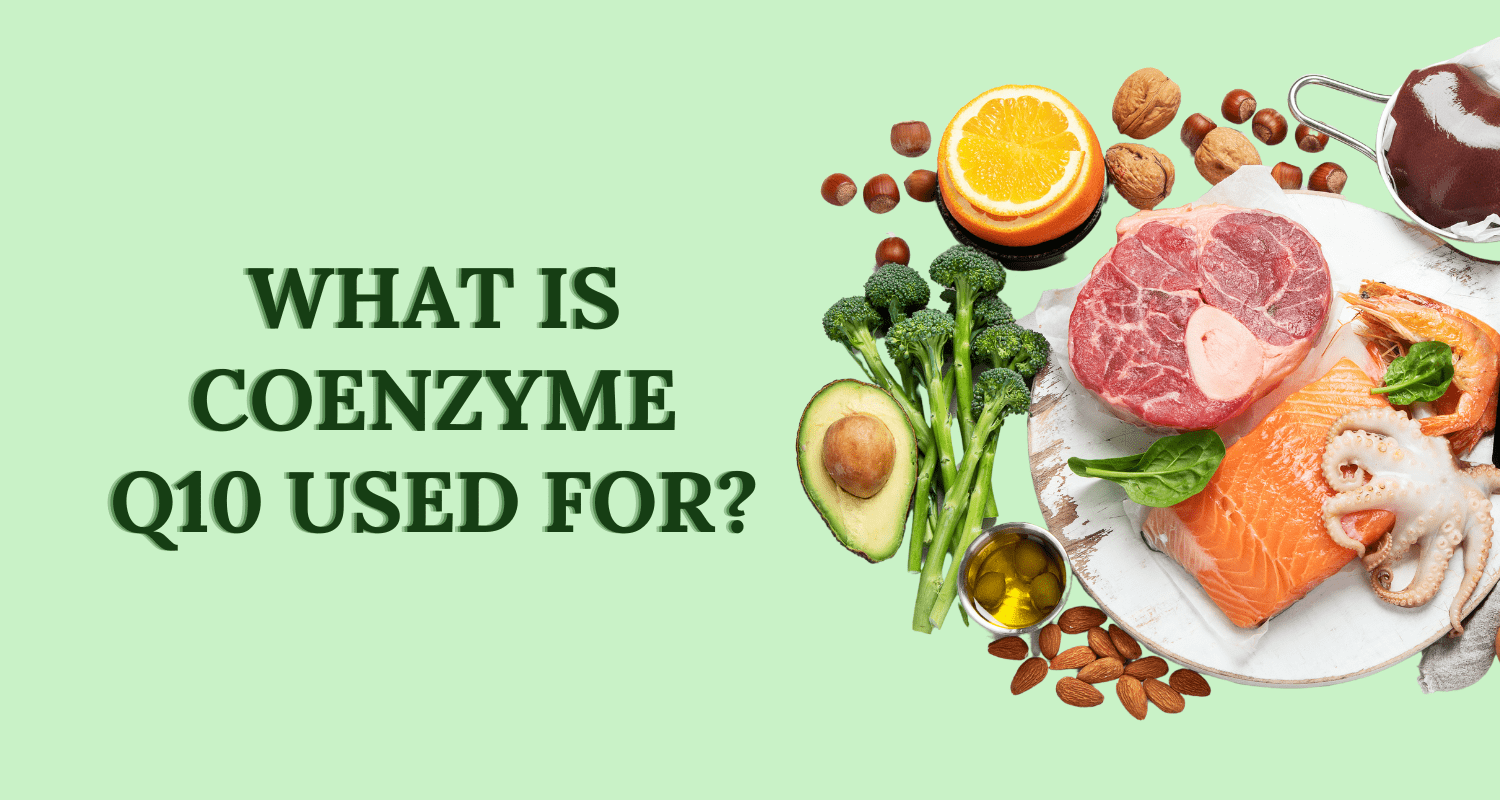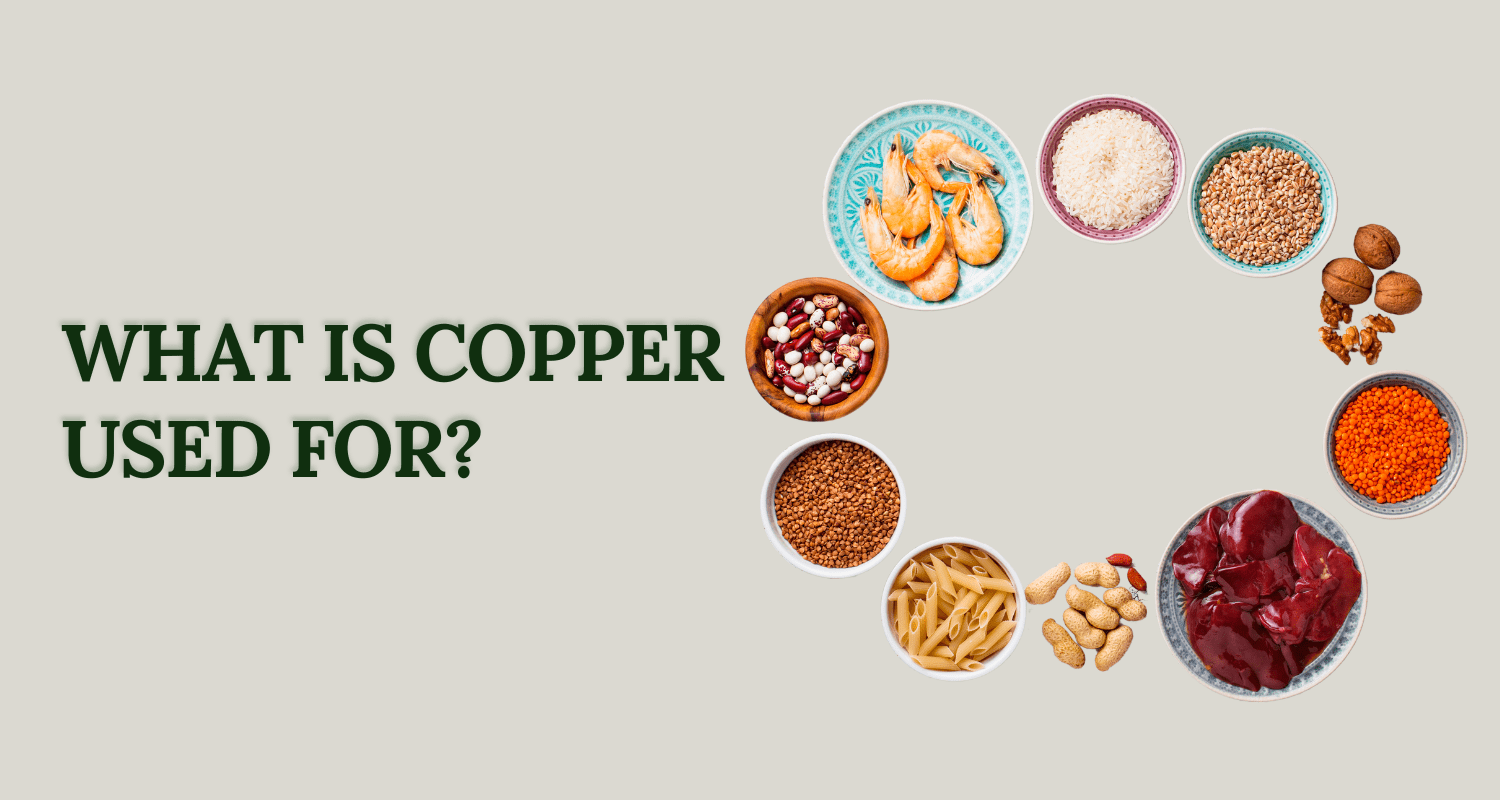Did you know that Coenzyme Q10 and Ubiquinol are two of the most popular supplements for supporting overall health and wellness?
These compounds, known for their antioxidant properties and role in cellular energy production, have garnered immense attention in the world of nutritional supplementation.
However, despite their shared benefits and similarities, there are crucial differences between coq10 and ubiquinol, these two forms of CoQ10 that every health-conscious individual should be aware of.
Let’s explore Coenzyme Q10 vs Ubiquinol.
Key Takeaways:
- Coenzyme Q10 vs Ubiquinol, both are forms of CoQ10, which play a vital role in cellular energy production and serve as potent antioxidants.
- The main difference between Coenzyme Q10 vs Ubiquinol lies in their chemical structure and levels of cellular absorption.
- Coenzyme Q10 is the oxidized form of the compound, while Ubiquinol is the reduced and more bioavailable form.
- Ubiquinol is better absorbed by the body, making it a preferable choice for individuals with age-related CoQ10 decline or specific health conditions.
- Coenzyme Q10 offers notable benefits for cardiovascular health, skin health, and energy production, but the benefits of Ubiquinol may be more pronounced in certain populations.
Coenzyme Q10 vs Ubiquinol: Absorption Rates and Bioavailability
In this section, we will explore the differences in absorption rates and bioavailability between Coenzyme Q10 vs Ubiquinol.
These factors play a crucial role in determining the body’s ability to effectively utilize these substances and their overall efficacy as supplements.
Coenzyme Q10, also known as CoQ10, is naturally present in our body and found in every cell, especially in organs with high energy requirements such as the heart, liver, and kidneys.
It exists in two forms: ubiquinone, the oxidized form, and ubiquinol, the reduced form.
While Coenzyme Q10 vs Ubiquinol, both share similar health benefits, their absorption rates and bioavailability differ.
Ubiquinol Absorption
Ubiquinol, as the reduced and more bioavailable form of CoQ10, is more readily absorbed by the body. It is absorbed through the small intestine and directly enters the bloodstream, allowing for quicker and more efficient delivery to the cells that need it.
This higher absorption rate can be particularly beneficial for individuals with digestive issues or those who have difficulty absorbing nutrients. It ensures that a greater amount of ubiquinol reaches the cells, supporting energy production and overall health.
CoQ10 Bioavailability
On the other hand, coenzyme Q10 (ubiquinone) has a lower absorption rate compared to ubiquinol. The body needs to convert ubiquinone into ubiquinol before it can be utilized. This conversion process occurs naturally in the body, but it diminishes with age and certain health conditions.
Factors such as low-fat diets, impaired liver function, and genetic variations can also affect the conversion of ubiquinone to ubiquinol.
While some individuals can efficiently convert ubiquinone into ubiquinol, others may benefit from directly supplementing with ubiquinol to bypass the conversion process and ensure optimal absorption.
Note: It is important to consider these absorption rates and bioavailability when choosing a CoQ10 or ubiquinol supplement. Consulting a healthcare professional can help determine the best form and dosage based on individual needs and health conditions.
Health Benefits of Coenzyme Q10
Coenzyme Q10, also known as CoQ10, is a vital nutrient that plays a crucial role in maintaining overall health and well-being.
In this section, we will explore the impressive array of health benefits that Coenzyme Q10 provides, ranging from energy production to cardiovascular support.
Additionally, we will delve into the remarkable benefits that Coenzyme Q10 offers for skin health and appearance.
1. Energy Production:
Coenzyme Q10 plays a significant role in cellular energy production by facilitating the production of adenosine triphosphate (ATP) in the mitochondria. ATP is the primary energy source for cells, and Coenzyme Q10 helps optimize this process, ensuring efficient energy production throughout the body.
2. Antioxidant Properties:
As a potent antioxidant, Coenzyme Q10 helps protect cells from damage caused by harmful free radicals. By neutralizing these free radicals, Coenzyme Q10 helps reduce oxidative stress and inflammation, supporting overall cellular health and longevity.
3. Cardiovascular Health:
Coenzyme Q10 has demonstrated promising benefits for cardiovascular health. Studies have shown that supplementation with Coenzyme Q10 may help support healthy blood pressure levels, maintain optimal cholesterol levels, and improve overall heart function.
These effects are particularly crucial for individuals with existing cardiovascular conditions or those looking to maintain a healthy heart.
4. Benefits for Skin Health and Appearance:
One of the notable benefits of Coenzyme Q10 is its positive impact on skin health and appearance. Coenzyme Q10 acts as an antioxidant, protecting the skin from damage caused by free radicals and environmental factors.
Additionally, it helps promote collagen production, aiding in maintaining skin elasticity and reducing the appearance of wrinkles and fine lines.
This makes Coenzyme Q10 an excellent addition to skincare routines for individuals seeking youthful, vibrant-looking skin.
In summary, Coenzyme Q10 offers a wide range of health benefits, including promoting energy production, acting as a potent antioxidant, supporting cardiovascular health, and enhancing skin health and appearance.
Its diverse effects make it a valuable nutrient to incorporate into daily wellness routines.
Understanding Ubiquinol and Ubiquinone
In this section, we will explore the differences between ubiquinol and its precursor, ubiquinone.
Understanding these distinctions is crucial when considering the benefits and considerations of supplementing with either form.
Let’s delve into ubiquinol vs ubiquinone forms, functions, and roles in the body’s energy production process.
Ubiquinol: The Active Form
Ubiquinol, also known as the reduced form of Coenzyme Q10 (CoQ10), is a vital component of the body’s energy production cycle. It plays a crucial role in supporting cellular function and antioxidant activity.
- Form: Ubiquinol is the active, antioxidant form of CoQ10.
- Function: It acts as an electron carrier in the mitochondria, supporting the production of adenosine triphosphate (ATP), the body’s primary source of energy.
- Role: Ubiquinol helps protect cells from oxidative damage caused by free radicals, promoting overall health and well-being.
Ubiquinone: The Precursor
Ubiquinone, also referred to as oxidized CoQ10, is the oxidized form of CoQ10 and serves as a precursor to ubiquinol.
- Form: Ubiquinone is the more stable, oxidized form of CoQ10.
- Function: It captures electrons from metabolic reactions and transfers them to the electron transport chain for ATP production.
- Role: Ubiquinone supports the body in producing ubiquinol, the active form required for optimal cellular energy production and antioxidant function.
The conversion between ubiquinol and ubiquinone occurs naturally in the body, allowing for a continuous cycle of energy production and antioxidant activity.
When considering the benefits of CoQ10 supplementation, it’s essential to choose the right form that aligns with your health goals and individual needs. Consulting with a healthcare professional can provide guidance on the appropriate dosage and formulation.
Conclusion
In conclusion, understanding the differences between Coenzyme Q10 vs Ubiquinol is crucial in choosing the best supplement for your individual needs.
Coenzyme Q10 vs Ubiquinol, both offer various health benefits, but it is essential to consider factors such as absorption rates and recommended dosages when making a decision.
When it comes to selecting the best coenzyme Q10 supplement, it is advisable to consult a healthcare professional who can assess your specific requirements and provide personalized recommendations.
They can consider factors such as your age, health conditions, and medication interactions to help you make an informed choice.
While there is no one-size-fits-all answer, some general recommendations can guide individuals seeking to incorporate coenzyme Q10 or ubiquinol into their daily routine.
Look for reputable brands that provide high-quality products with good manufacturing practices. Additionally, ensure that the supplement contains a form of coenzyme Q10 that suits your needs, whether it’s ubiquinol or ubiquinone.
In conclusion, Coenzyme Q10 vs Ubiquinol, the best coenzyme Q10 supplement suits your individual needs and is supported by professional advice.
By taking into account factors such as absorption rates, dosages, and personal health considerations, you can make an informed decision to enhance your well-being and support your overall health.
FAQs
Which is better to take CoQ10 or ubiquinol?
Depends on individual needs. Ubiquinol is the active form, more readily absorbed for some. CoQ10 may be preferable for others.
What is the best form of CoQ10 for absorption?
Ubiquinol generally has higher absorption rates compared to CoQ10.
How much ubiquinol is equal to CoQ10?
Around 100 mg of ubiquinol is roughly equivalent to 300 mg of CoQ10 due to differences in bioavailability.
Is ubiquinol better than CoQ10 for fertility?
Studies suggest ubiquinol may have advantages for fertility due to its enhanced absorption.
Which form of CoQ10 is better?
Depends on individual factors like absorption rates and health conditions. Ubiquinol tends to be more bioavailable.
What is better than ubiquinol?
Some newer formulations claim enhanced benefits, but ubiquinol remains a popular choice for its bioavailability.
Disclaimer: This content, including advice, provides generic information only. It is not a substitute for a qualified medical opinion. Always consult a specialist or your doctor for more information. Nutrition Cult does not claim responsibility for this information.




